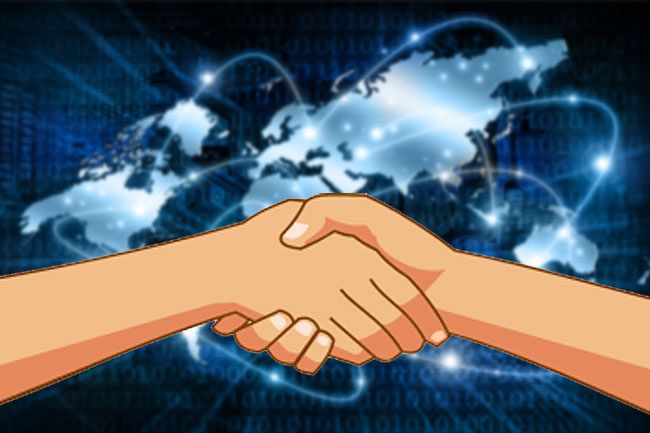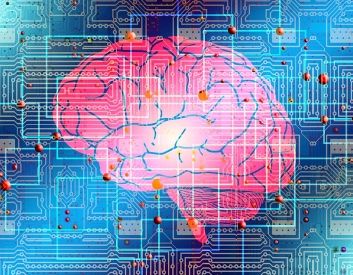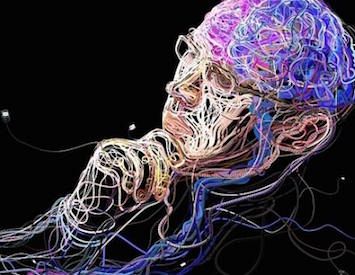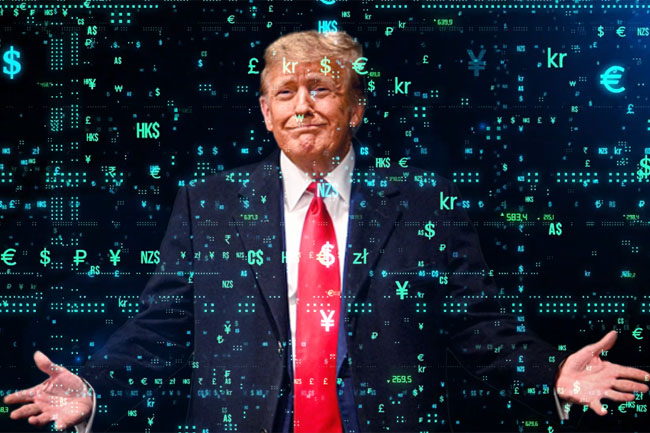Technological advancements are ushering in a new age of global collaboration, although challenges persist in the achievement of unity. Paul Budde reports.
GLOBALISATION has been driven by transformative financial and economic advancements after World War II, liberating countries from colonial and outdated industrial-age mindsets of production and consumption. These shifts have not only fuelled wealth creation but have also elevated the lifestyles of billions.
Enhanced global healthcare, improved food production and expanded trade have led to a staggering increase in the global population, soaring from 2.5 billion after WWII to over 8 billion in 2024, with significantly fewer deaths attributable to wars.
Importantly, globalisation implies collaboration. In my work, this often means breaking down silos, getting people to work together horizontally across departments, disciplines, levels of government, countries and so on. This starts at grassroots levels, working from the bottom up, hence my interest in working with cities (smart cities).
However, collaboration only works if it is based on trust, which was a major contribution to the success of the post-WWII World Order. It established trust between people, societies and governments, at least in the Western world and large parts of East Asia.
Technological progress during this “Golden Period” has been nothing short of extraordinary across various sectors, including healthcare, manufacturing, administration and agriculture. Information technology, in particular, has witnessed groundbreaking developments, bringing people closer together through the internet. Mobile phones, now nearly as ubiquitous as the global population, have empowered individuals with computing capabilities in their pockets.
This contrasts sharply with the limited telephone penetration in developing countries before the mobile phone explosion, which mostly hovered below 20 per cent of the total population based on households (mobile penetration is measured based on individual people).
These advancements signify a diminishing relevance of organising within strict national borders. The urgency of global collaboration is underscored by challenges such as pandemics – exemplified by COVID – the international impacts of wars in Ukraine and the Middle East, and the adverse impacts of climate change. It is increasingly evident that our only viable path forward is concerted global cooperation among all of the Earth’s inhabitants.
However, amidst these positive strides, there are noteworthy emotional repercussions. Information technology, while connecting people, has also given rise to misinformation, increased hate speech, racism, misogyny and other negative elements. Even in a developed and well-educated nation like the UK, the decision to pursue Brexit raises concerns about the impact of populism and nationalism fuelled by social media and the internet.
The attack on the U.S. Capitol in 2021 is another scary example of what populism in combination with Information and Communications Technology (ICT) and social media can lead to. This influence, often directed at creating division and chaos, poses a significant challenge to a positive progression of globalisation. As we navigate this complex landscape, it becomes crucial to address these often emotional challenges and foster a more inclusive approach to global integration.
Good and evil have been integral to humanity since its early days, and this duality is equally evident in cyberspace. In an environment where trust is eroding and constantly under siege, the consequences are profoundly serious. Addressing this issue must be a top priority across all levels of our society to uphold the World Order.
Just as regulations followed previous technological innovations such as mail, telephone and broadcasting, we also require regulations in the new world of cyberspace, encompassing artificial intelligence (AI), mixed reality (MR), the cloud and beyond. These processes and laws need to be based on the values that are instilled in us people, and businesses and governments need to be held accountable for doing the right thing based on that principle.
I am talking here about the values that are deeply ingrained beliefs and principles that guide individuals in their attitudes, behaviours and decision-making. These values contribute to the moral and ethical foundation of individuals and society, shaping character and influencing interpersonal relationships and societal norms.
What is required is a new economic order that slowly replaces capitalism — one based more on collective benefit rather than individual wealth. Technology will no doubt play an important role in this process as well. Solutions will be assisted by yet unknown advancements in the combination of MR, especially in areas such as medicine, education and manufacturing; AI in areas such as (crisis) forecasting and increasing time productivity; and quantum computing. The latter would tackle complex areas such as cancer treatment and global warming, but also space travel and other areas that require the massive crunching of data.
Finally, sophisticated algorithms can assist in creating personalised solutions.
These technologies will also play a central role in creating (social) wealth, reducing the direct role human time and effort have played in the industrial revolution. Think four-day work weeks, Universal Basic Income (UBI), passive income and so on. New ICT and network innovations will happen, and they are crucial to understanding what is coming beyond “value-extracting capitalism”.
At the same time, history teaches us that serious crisis situations invariably result in restrictions on personal rights, the suspension of human rights, a lack of comprehensive economic and social security, and, generally, the suffering of ordinary people. To prevent this, we must establish new processes and enact new laws that restore trust and ensure people feel secure.
However, we are currently missing the political leaders and the political will to do this; instead, we see the rising tide of populist leaders worldwide complicating the implementation of these processes and laws that require updating the current world order to avoid a large-scale global crisis.
I have written a more comprehensive essay on these topics titled: ‘What comes next after the end of the “golden” post-WWII era?’
Paul Budde is an Independent Australia columnist and managing director of Paul Budde Consulting, an independent telecommunications research and consultancy organisation. You can follow Paul on Twitter @PaulBudde.
Related Articles
- Top researchers developing tech for the edge in battle
- Key defence technology trends that will change the world
- Technology changing human nature must be treated with caution
- Technology: Doomsday or godsend — the choice is ours
- The digital and sharing economy is unstoppable
 This work is licensed under a Creative Commons Attribution-NonCommercial-NoDerivs 3.0 Australia License
This work is licensed under a Creative Commons Attribution-NonCommercial-NoDerivs 3.0 Australia License
Support independent journalism Subscribe to IA.















